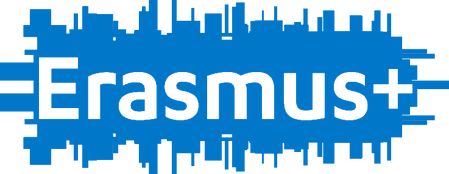 u
u
Project partners :
• Kind & Gezin (Belgium)
• Vernieuwing in de Basisvoorzieningen voor Jonge Kinderen (Belgium)
• THL - The National Institute for Health and Welfare (Finland)
• Family Center Mala Ulica (Slovenia)
• University of Tromsø (Norway)
• CBNR UMK (Poland)
Goal
Despite the differences in today's world, families face similar challenges. Research shows that the quality of early education is extremely important for children, because it determines their later trajectory in life. The aim of ECEC (Early Childhood Education and Care) is to increase the accessibility and integration of early childhood education and care services in such a way as to support all families with young children, particularly those who face various problems related to poverty, addictions and unemployment. Migrant families and families of national minorities for whom language is a determining barrier, also have major difficulties in accessing high-quality education.
A description of the action
All activities are focused on the topic of increasing the availability of early childhood education and childcare services to support all families with young children. Talks and exchange of good practices and inspiration will take place during three-day study visits. Each partner is required to prepare an IAS meeting in his / her country that focuses on specific, predefined topics. During these visits, the topic of creating and launching the IAS platform will be taken, which will be a tangible result of the meetings.
Results
There will be international discussions on the subject of integrated services and their accessibility for all families with young children, with the aim of exchanging good practices and experiences between partners. The contact network will also provide information, cooperation and exchange of insights with individual countries. Due to this, the result will be the creation of an international IAS internet platform by partners with inspiring recommendations and guidelines on ECEC (the platform will touch on 3 levels of activities: research, practice and social policy). All these activities are to ensure that no child due to barriers to access to high quality education will remain socially excluded – achieving this goal should become the overriding objective of all European countries.
